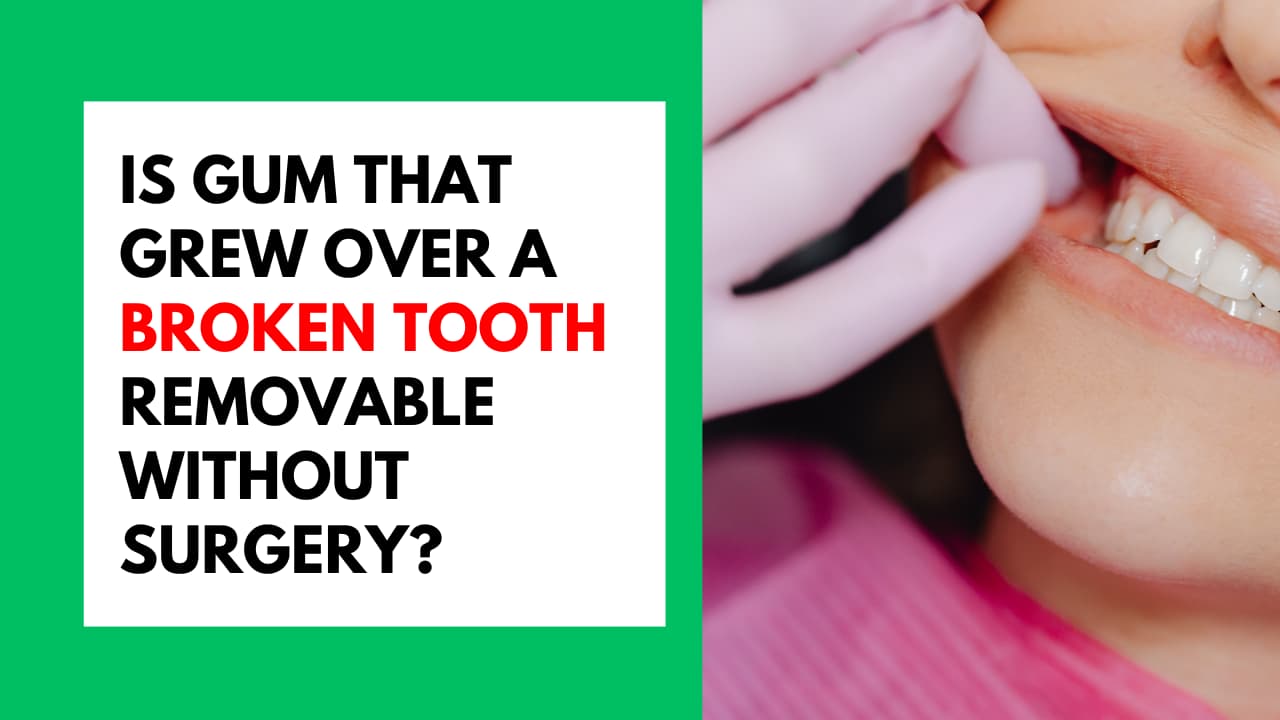For many, their smiles aren’t complete without dentures. Quite literally! Dentures make sure that those with missing teeth can talk, laugh, and eat daily without worrying about missing pearly whites.
Understandably, you want to keep these precious prosthetics as clean as possible. You may have heard of soaking dentures in mouthwash to sanitize them. However, is that effective?
Expert in This Article
Dr. Ruben Sauceda, a Board Certified Periodontist with a Dual Specialty in Prosthodontics.
According to Dental Specialists of Pearland’s board-certified periodontist, Dr. Ruben Sauceda D.D.S., M.S., “Yes, you can occasionally soak your dentures in mouthwash. However, there are some considerations to remember as some mouthwashes can be too abrasive to safely clean dentures.”
So, in this blog, let’s learn why you need to soak your dentures, how to use mouthwash without harming them, and some alternative methods you can use.
The Importance of Soaking Your Dentures
Soaking your dentures overnight is essential for disinfecting them and avoiding contamination. Moreover, if dry, most dentures will lose shape, so they must be kept in a moist environment.
Hence, removing and placing dentures on your nightstand isn’t a good idea. The right way to store dentures when you aren’t wearing them is in a liquid-filled container. A cleaning solution is recommended as it is more effective than plain water.
Healthline suggests that denture wearers tend to have higher levels of bacteria in their mouths than those who don’t use dentures. So, soaking your dentures can effectively kill 99.9% of bacteria on them so you can wear them without worry.
What’s more, soaking dentures isn’t only for their care but for yourself. Soaking dentures relieves your gums while lowering the risk of developing an infection or other sickness due to unclean dentures.
The Effectiveness of Using Mouthwash to Soak Dentures
So, now that we have established how important it is to keep your dentures clean with an overnight soak. There are many options for an appropriate cleaning solution that you may be considering, including your regular mouthwash.
The fact is that only alcohol-free mouthwash should be used to clean dentures. Dr.Sauceda explains, “Most commercial mouthwashes contain alcohol as ingredients. However, that makes them unsuitable to soak dentures as alcohol damages their acrylic material.”
Most dental professionals advise against using mouthwash for soaking dentures and instead suggest sticking to water or denture-cleaning solutions. However, a suitable mouthwash without alcohol can sometimes be a convenient option for eliminating unpleasant odors while sanitizing dentures.
Considerations For Soaking Dentures in Mouthwash
It should be remembered that soaking dentures in mouthwash should only be done occasionally as it isn’t effective long-term. This is because mouthwash alone cannot remove all the plaque or tartar buildup that grows on dentures.
Moreover, mouthwash isn’t formulated as a soak for dentures, so their germicidal agents may not be as effective as denture-specific solutions. It’s advised to refrain from soaking your dentures in solely mouthwash.
Instead, mix the mouthwash with equal parts water to submerge your dentures, as it makes a milder soak solution. Additionally, make sure that you follow other parts of denture care, like regular brushing and rinsing, before using them.
Alternatives to Mouthwash for Soaking Dentures
Since mouthwash isn’t always a good idea to use for effective denture care, there are some alternatives that you can consider.
1. Plain Water
It’s recommended to soak dentures in lukewarm or cold water to keep them moist. However, do not use hot or boiling water as it can damage them.
2. Denture Cleaning Solutions
Denture cleansers are formulated to be much more effective at keeping dentures clean than regular mouthwash. Brands such as Polident or DentaGard have products specifically designed for overnight soaking.
Mayoclinic advises that it’s essential to rinse the dentures thoroughly to keep the solution from getting into your mouth, as these solutions can contain harmful chemicals that aren’t fit for consumption.
3. Avoid Homemade Solutions
While you may come across suggestions like baking soda or vinegar to clean your dentures, it’s not recommended to use them. Homemade remedies can be ineffective, harsh, and damaging to your dentures. Hence, they’re best avoided.
Takeaway
To summarize, keeping your dentures clean is essential; otherwise, they may pose a risk of numerous health complications. Unclean dentures can lead to decay, gum disease, and serious issues beyond oral health, such as pneumonia.
So, prioritize cleaning your dentures with a denture-safe solution so your smile stays pristine. Mouthwashes may be a convenient way to soak dentures, but they’re not always suitable. If you use mouthwashes to clean dentures, use a mild and alcohol-free one.

Annie Edith is an experienced journalist and content creator with a strong passion for health and wellness. She takes a unique approach to her writing, exploring the latest trends in Dental, Fitness, and mental well-being, while providing readers with informative, research-based articles.





